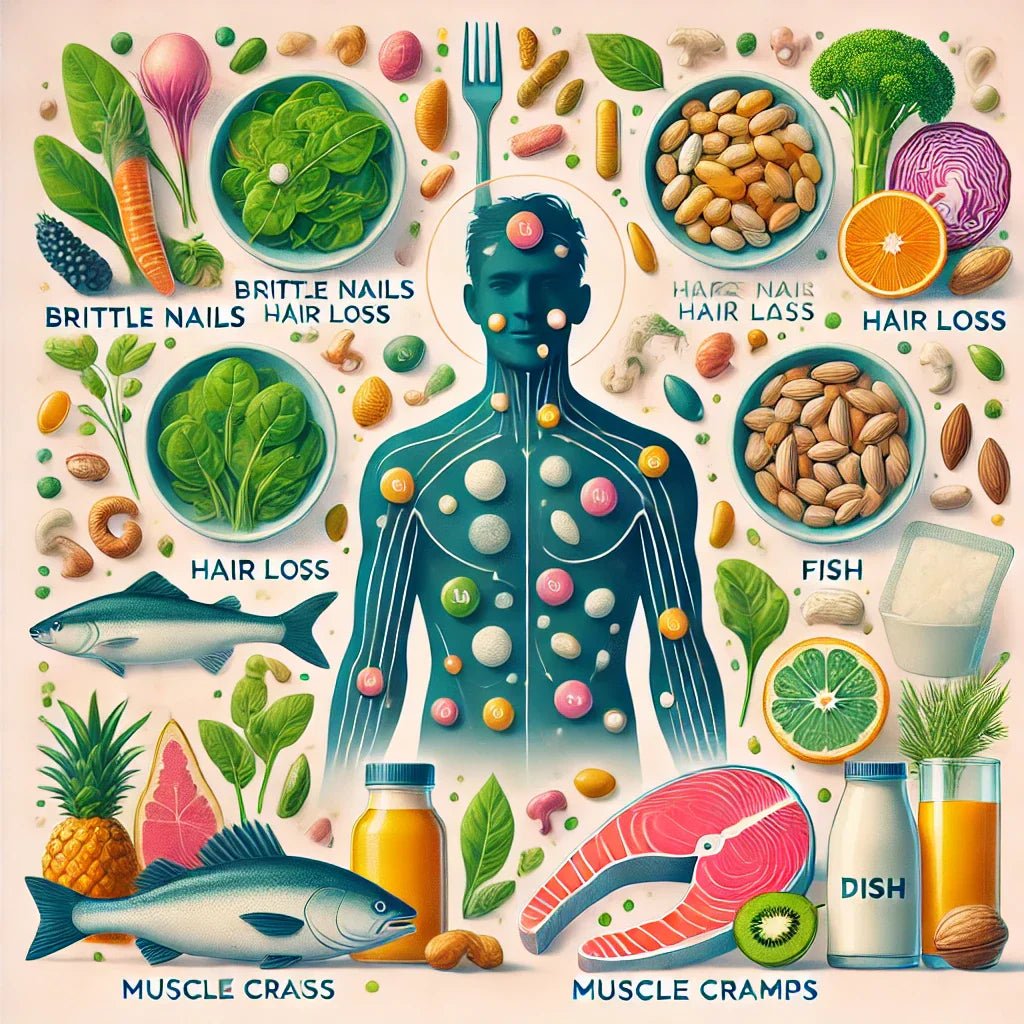The area of psychological assistance for a person with cancer is quite wide, and depending on the type of disease, the scope of this support may vary. Cancer is not only a series of disorders within the body and the complexity of the treatment process, but it is also a very stressful event with significant psychosocial consequences related to the physical, emotional, spiritual and interpersonal dimensions. This disease affects, to a greater or lesser extent, all aspects of functioning, including those related to existence (e.g. confrontation with mortality). These are changed by diagnosis and treatment, recovery and long-term survival, relapse or transition to palliative and end-of-life care. Hearing a diagnosis of cancer is life-changing and a source of significant mental and emotional stress. High levels of psychological stress over long periods of time in cancer patients can lead to anxiety, depression, or both [1]. A frequently experienced condition is the fear of cancer recurrence. The problems that a person affected by cancer may experience mental problems not only by affecting the health-related quality of life [2], but may also have economic consequences [3].
What can a cancer patient expect from a psychologist in such a situation?
First of all, it should be remembered that the variety of stages of the disease experienced and the goals of a given person must be accompanied by various forms of psychological impact. The scope of support that an oncology patient can receive includes:
- psychological counseling - activities aimed at helping in finding new strategies for coping with experienced difficulties;
- crisis interventions - multi-faceted help for a person in a psychological crisis or other serious life problems;
- and psychotherapy [4].
The support of a psychologist can be helpful not only when there is a lack of support from family or friends. Research and scientific literature indicate an overall benefit in reducing the severity of mental health symptoms (depression, anxiety [5]), somatic symptoms (pain [6]) and in improving the overall quality of life, well-being, and the process of returning to work [7, 8 ] and thoughts related to the experience [9-11]. There is increasing evidence supporting the use of mind-body therapies as effective supportive care strategies during cancer treatment, although many of them remain under-researched [12].
A psychologist as an outsider, i.e. not emotionally involved in the relationship with the patient, can share a different perspective than the one the patient shares with his or her loved ones. Moreover, it may be easier to discuss difficult topics with him, such as suicidal thoughts or fear of death.
Actions on the part of the psychologist may include:
- support in dealing with emerging emotions;
- support in managing anxiety related to required medical procedures;
- adaptation to the disease, its stages and changes in well-being;
- dealing with the topic of the finiteness of life;
- learning relaxation;
- support during remission;
- and working with the patient's family.
Psychologist help for me and my family
Cancer does not only affect the sick person. The patient's family also goes through the process of illness and treatment: partner, children, friends, other loved ones. The threat that such a disease poses to a given family can be understood in the light of how different members, individually but also as a team, understand specific stressful situations, their identity and the identity of their family, and the general way of perceiving the world [13, 14]. Neither patients nor their families can ever return to the situation before the disease [15]. Effective coping with breakup and loss often depends on the felt support from others. Providing psychological support can help identify adaptive, functional and maladaptive mechanisms of coping with the situation [16].
Instead of a summary
Cancer affects not only the sick person, but also the people closest to the patient. The fear of potentially losing a loved one can be as overwhelming as the disease itself. Not every oncology patient has to seek the help of a psychologist, but if you or someone close to you find yourself in a situation that is a great mental burden for you, do not hesitate to seek such help.
Ida Garstecka
Bibliography
- Linden, W., Vodermaier, A., Mackenzie, R., Greig, D., (2012) Anxiety and depression after cancer diagnosis: prevalence rates by cancer type, gender, and age. J Affect Disord. 141:343–351. [ Pubmed ]
- Dunne, S., Mooney, O., Coffey, L., Sharp, L., Desmond, D., Timon, C., O'Sullivan, E., Gallagher, P., (2107) Psychological variables associated with quality of life following primary treatment for head and neck cancer: a systematic review of the literature from 2004 to 2015. 26 , 149- 160. [ PubMed ]
- Carlson, LE, Bultz, BD, (2004) Efficacy and medical cost offset of psychosocial interventions in cancer care: making the case for economic analyses. Psychooncology . 13: 837- 849. [ PubMed ]
- Czabała, C., Sęk, H., Psychological support. (2000) In: J. Strelau (ed.) Academic handbook. (pp. 605-622) Gdańskie Wydawnictwo Psychologiczne [ Google Scholar ]
- Zainal, NZ, Booth, S., Huppert, FA, (2013) The effectiveness of mindfulness-based stress reduction on mental health of breast cancer patients: a meta-analysis. 22 (7):1457–65 [ PubMed ]
- Johannsen, M., Farver, I., Beck, N., Zachariae, R., (2013) The effectiveness of psychosocial intervention for pain in breast cancer patients and survivors: a systematic review and meta-analysis. Breast Cancer Res Treat. 138(3):675–90 [ PubMed ]
- Hunter, E.G., Gibson, R.W., Arbesman, M., D'Amico, M., (2017) Systematic Review of Occupational Therapy and Adult Cancer Rehabilitation: Part 1. Impact of Physical Activity and Symptom Management Interventions. Am J Occup Ther . 71 (2):7102100030p1–7102100030p11. [ Pubmed ]
- Hunter, E.G., Gibson, R.W., Arbesman, M., D'Amico, M., (2017) Systematic Review of Occupational Therapy and Adult Cancer Rehabilitation: Part 2. Impact of Multidisciplinary Rehabilitation and Psychosocial, Sexuality, and Return-to- Work Interventions. Am J Occup Ther. 71 (2) [ PubMed ]
- Barrera, I., Spiegel, D., (2014) Review of psychotherapeutic interventions on depression in cancer patients and their impact on disease progression. Int Rev Psychiatry. 26 (1):31–43. [ Pubmed ]
- Spiegel, D., (2012) Mind matters in cancer survival. Psychooncology . 21 (6):588–93. [ Pubmed ]
- Galway, K., Black, A., Cantwell, M., Mills, M., Donnelly, M., (2012) Psychosocial interventions to improve quality of life and emotional well-being for recently diagnosed cancer patients. Cochrane Database Syst Rev. 11 : CD007064. [ Pubmed ]
- Greenlee, H., DuPont-Reyes, M.J., Balneaves, L.G., Carlson, L.E., Cohen, M.R., Deng, G., Johnson, J.A., Mumber, M., Seely, D., Zick, S.M., Boyce, L.M., Tripathy, D., (2017) Clinical practice guidelines on the evidence-based use of integrative therapies during and after breast cancer treatment. CA Cancer J Clin 67 (3):194–232. [ Pubmed ]
- McLean, LM, Jones, JM, Rydall, AC, Walsh, A., Esplen, MJ, Zimmermann C., Rodin GM (2008) A couples intervention for patients facing advanced cancer and their spouses. Psycho-Oncol 17 :1152–1156
- Baider, L., Ever-Hadani, P., Goldzweig, G., Wygoda, M., Peretz, T. (2003) Is perceived family support a relevant variable in psychological distress? A sample of prostate and breast cancer couples. J Psychosome Res 55 :1–8
- Baider, L., Cooper, C.L., Kaplan De-Nour, A. (2000) Cancer and the family, Wiley
- Goldzweig, G., Hubert, A., Walach, N., Brenner, B., Perry, S., Andritsch, E., Baider, L. (2009) Gender and psychological distress among middle- and older-aged colorectal cancer patients and their spouses: an unexpected outcome. Crit Rev Oncol Hematol 70 :71–82






